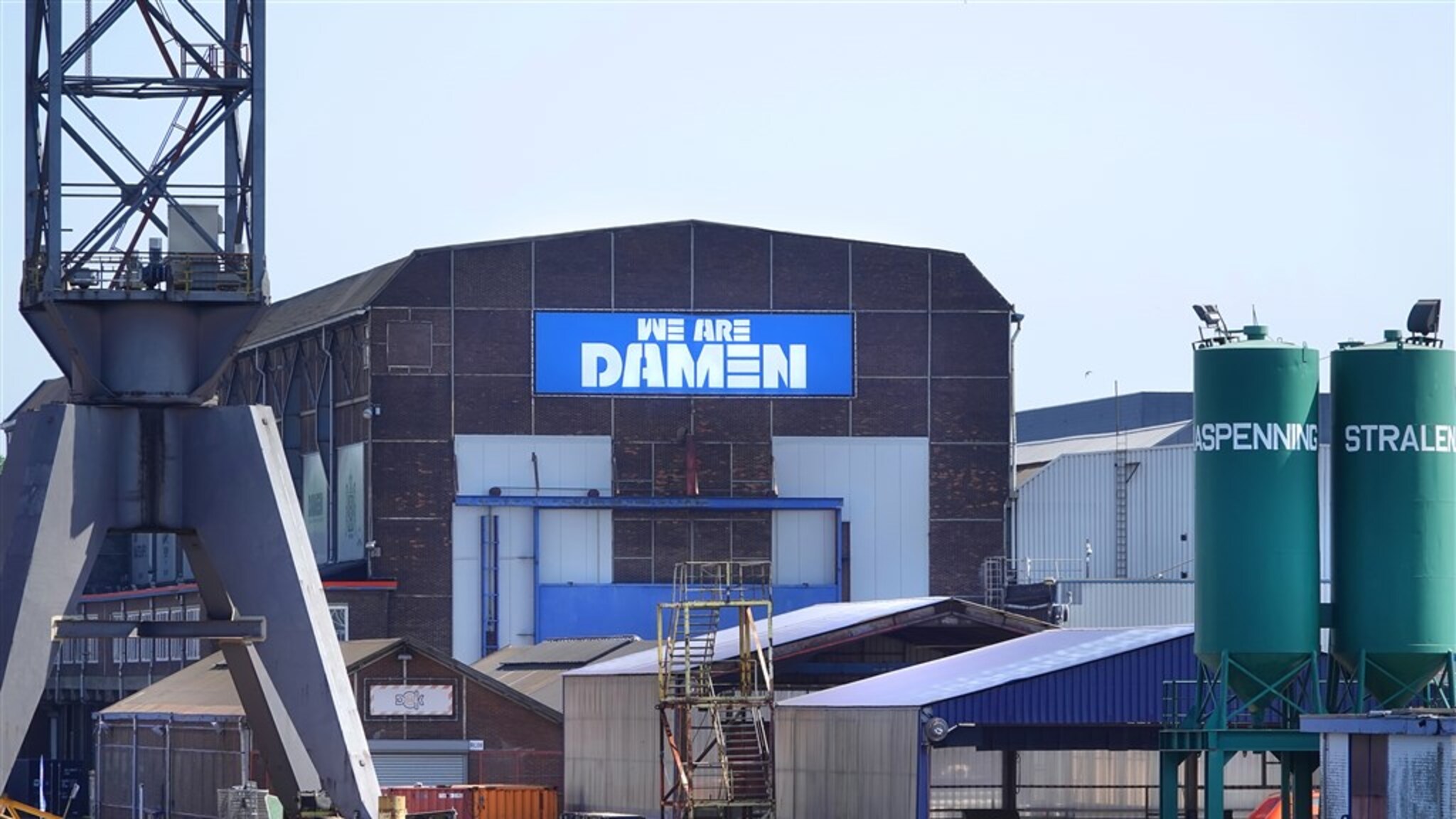Damen is a shipbuilding giant with a turnover of €2.5 billion, 35 shipyards worldwide and 12,000 employees. It manufactures all types of ships, whether for military use or for the business market.
Until recently, the ships were also built for Russian customers. But due to sanctions imposed on Russia, her extradition is not allowed. According to the company, this mainly concerns fishing boats and tugboats.
Million dollar noose
The company does not want to specify the size of the noose specifically, but it may reach tens of millions. The company says it supports the sanctions, but does not believe it is fair for it to bear this burden itself.
“It’s a bit like Covid, it takes us all by surprise,” says a company spokesperson. As far as Damen is concerned, this is not a case of ordinary business risk and the state must intervene, although Damen is consciously dealing with countries such as Russia. “We could not have expected that they would start a war.”
See what’s possible
Damen is therefore looking to the government to help it, although it managed to record a profit of €15 million last year despite the setback. With a turnover of €2.5 billion, that’s not a lot.
The company does not want to specify the exact amount of compensation required. But Damen wants to “see if something is possible.”
Suffering is in the public interest
In principle, the company could already rely on damage compensation in such a case, says Michel Tjipkema, associate professor of government liability at Leiden University. This path is open if actions are taken for the public good (such as sanctions) that harm a small group. Ladies in this case.
The judge must ultimately assess whether the damage should actually be compensated and consider, among other things, the question of whether there is a business risk that the company should in principle bear itself.
Part of the deal
According to Damen, the company could not have predicted the war and the associated sanctions, but Tjipkema is not at all sure. “If you work in this industry, you deal with countries that sometimes have questionable reputations. So the measures are part of the deal.” Therefore, dealing with such a country represents a well-considered risk.
It is also important that tense political relations with Russia have been ongoing for a long time, because Russia annexed Crimea in 2014. Sanctions were later imposed on the country, although they were less impactful than after the invasion in 2022.
In light of this, Tjipkema believes that it is unlikely that Dutch taxpayers will have to pay the price for the failed deal with the Russian parties.
tradition
Trying to raise money from the state fits into the tradition of the Gorinchem group of companies. Government data analyzed by RTL Z show that the company has turned to the state for support at least 24 times over the past five years.
If possible, an application for a subsidy will be submitted. Ranging from one thousand euros for a project against low literacy at the Orangewerf shipyard in 2021, to 2.8 million sustainable support in 2020.
In total, at least €5.1 million of all types of support were transferred to the company in the years 2017 to 2022.
As far as the company is concerned, this is not inconsistent with going to court now. The spokesman says that if there are opportunities for support, the company will exploit them.

“Lifelong zombie fanatic. Hardcore web practitioner. Thinker. Music expert. Unapologetic pop culture scholar.”








